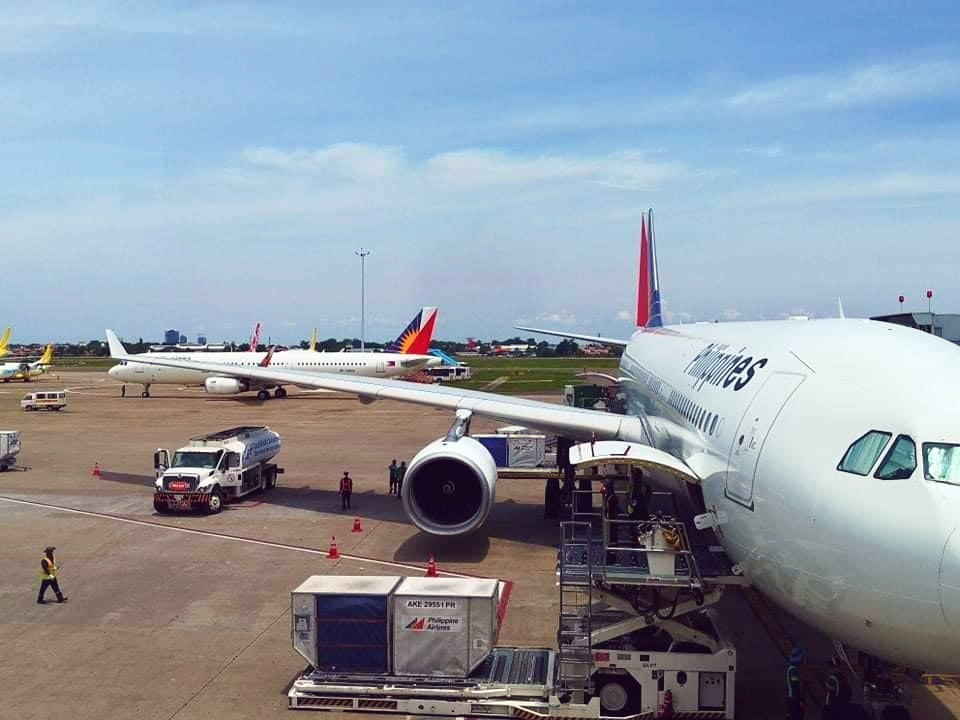Google Research, American Airlines, and Breakthrough Energy have joined forces to mitigate the climate impact of contrails — the thin, white trails sometimes seen behind airplanes.
A 2022 report by the Intergovernmental Panel on Climate Change (IPCC) revealed that contrails contribute to roughly 35% of the global warming effects of aviation, which amounts to over half the impact of the world’s jet fuel consumption. In response, the partnership initiated a project using artificial intelligence (AI) and satellite imagery to reduce the formation of contrails.
The collaborative team gathered massive amounts of data, such as satellite imagery, weather information, and flight path details. Using AI, they developed forecast maps to test if pilots could select routes that evade contrail formation. Contrails, which can persist as cirrus clouds for minutes or hours, not only reflect sunlight back into space but also trap heat in the Earth’s atmosphere, leading to a net warming effect.
After conducting 70 test flights with American Airlines pilots over six months and using Google’s AI-based predictions, the pilots successfully reduced contrail formation by 54%. While the flights that attempted contrail avoidance burned an additional 2% fuel, the total fuel impact across an airline’s flights was projected to be as low as 0.3%. This implies that contrail avoidance could be achieved at a cost of around $5-25 per ton of CO2 equivalent, marking it as a viable warming-reduction measure.
Despite the success of the initial testing, the teams also acknowledged some challenges in predicting flight routes that will create contrails. However, they are optimistic that contrail avoidance can be a scalable, cost-effective solution to reduce the climate impact of flying.
As part of the next phase of the project, the teams plan to automate avoidance, target high-impact contrails, and enhance satellite-based verification. The companies involved have also committed to working across the aviation industry to use AI, aiming to make contrail avoidance a reality in the coming years.
Amid growing concerns about global warming, this partnership illustrates the vital role that AI can play in mitigating aviation’s environmental impact. By emphasizing inter-industry cooperation, the project offers real-world, tangible solutions that mark a significant advancement in environmentally responsible aviation practices.

























Leave a comment